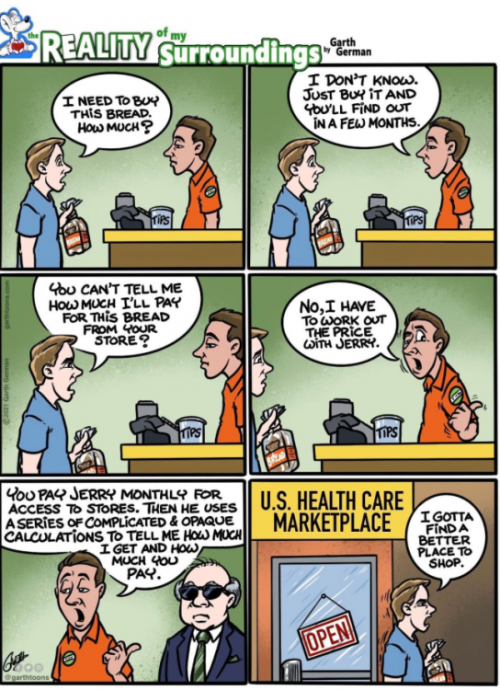Mountain Man
Well-known member
After slogging through this thread, the only thing I can think of saying to my fellow Americans who are complaining about healthcare costs is: “There is undoubtedly a military recruiting office nearby where you can sign up to be in the military and get free healthcare. Why delay and continue your torturous monetary decline with having to pay unnecessary rates?”
Any takers? I thought not. Everyone loves to complain about their hardships but don’t have the resolve to actually do something to remedy the situation.
Any takers? I thought not. Everyone loves to complain about their hardships but don’t have the resolve to actually do something to remedy the situation.










